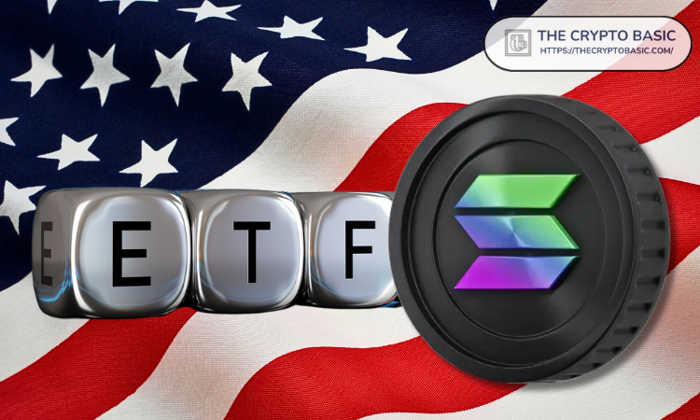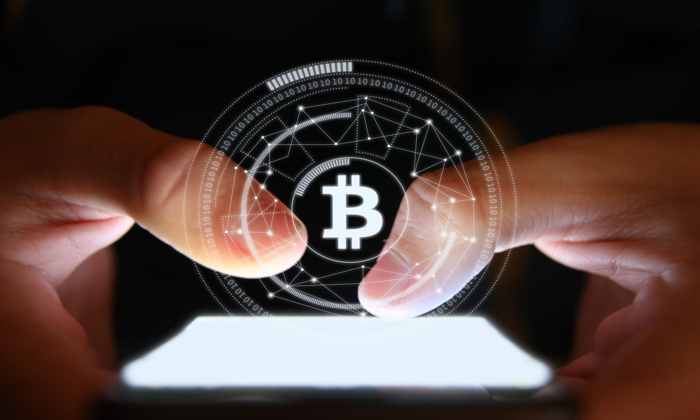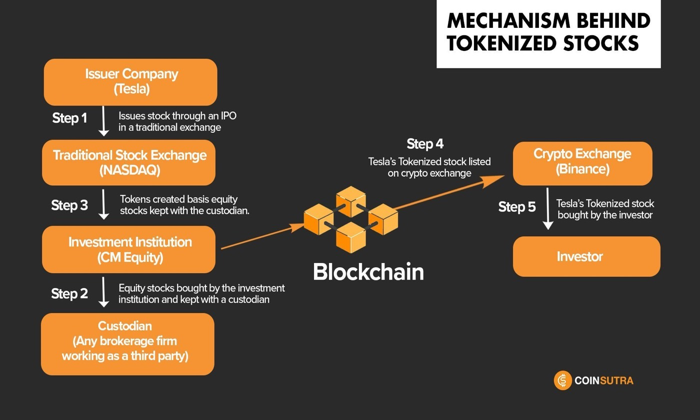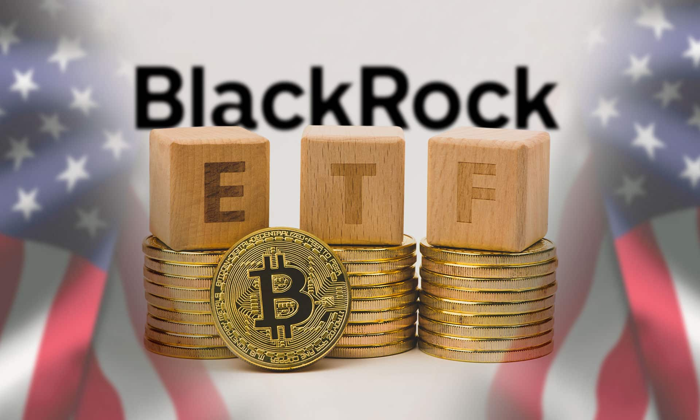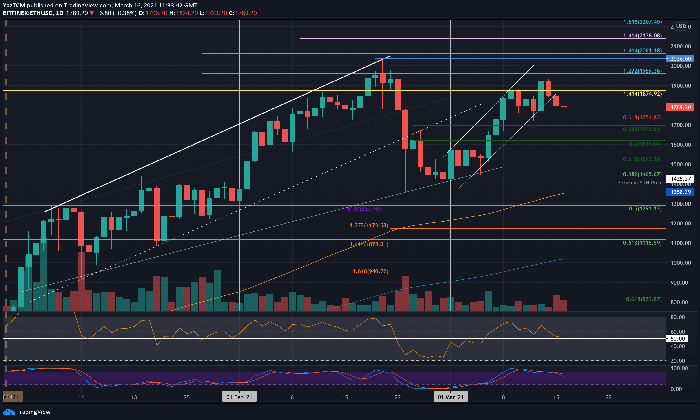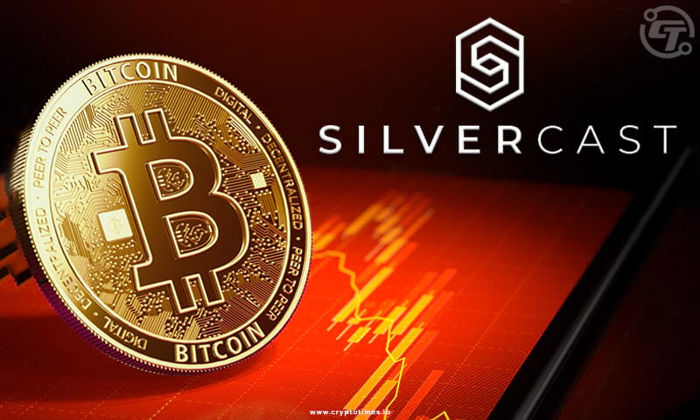El Salvador’s Bitcoin acquisition has made headlines worldwide as the nation steadily bolsters its cryptocurrency reserves. Recently, the government acquired an additional seven BTC, bringing the total to 6,173 BTC, valued at over $637 million. This strategic move not only aligns with President Nayib Bukele’s ambitious Bitcoin policy but also showcases the country’s commitment to being a leader in the digital currency space. Despite the International Monetary Fund’s (IMF) warnings regarding public funds for Bitcoin investments, El Salvador continues to pursue its Bitcoin strategy, potentially influencing other nations to follow suit. As the global interest in cryptocurrency rises, El Salvador’s Bitcoin reserves could play a pivotal role in shaping the future of economic models centered on digital assets.
In recent times, the Central American nation has positioned itself as a pioneer in cryptocurrency adoption, particularly with its ongoing procurement of Bitcoin. This remarkable strategy underscores El Salvador’s commitment to integrating digital currencies into its economic framework despite external pressure from financial institutions. The proactive approach taken by the government, led by President Nayib Bukele, has sparked considerable debate about the sustainability of establishing Bitcoin as a legal tender and its implications on national fiscal policy. As El Salvador remains steadfast in its cryptocurrency initiatives, the conversation about the ramifications of such a bold stance continues to grow, inviting other countries to evaluate their own cryptocurrency integration strategies.
El Salvador’s Bold Bitcoin Acquisition Strategy
El Salvador’s relentless pursuit of accumulating Bitcoin (BTC) has positioned the nation at the forefront of cryptocurrency adoption. In the last week alone, the government acquired an additional seven BTC, bringing the country’s total reserves to an impressive 6,173 BTC. This purchase, valued at over $637 million, showcases El Salvador’s commitment to integrating Bitcoin into its financial landscape, highlighting a strategy that is both ambitious and potentially transformative. By engaging in these open market operations, El Salvador is setting an example for other countries that may be contemplating similar adoption of Bitcoin as a strategic reserve.
Despite the International Monetary Fund’s (IMF) calls to reassess its Bitcoin acquisition policies, President Nayib Bukele remains steadfast in his vision for the country’s cryptocurrency future. Bukele has publicly reassured citizens and investors alike that El Salvador’s Bitcoin journey is far from over, emphasizing that the government will not retreat from its policy of purchasing Bitcoin even in the face of international pressure. This unwavering stance can inspire other nations to consider Bitcoin in their financial strategies, particularly as global interest in cryptocurrencies continues to rise.
Impact of IMF Policies on El Salvador’s Bitcoin Holdings
The IMF’s recommendations and policies regarding Bitcoin acquisitions have sparked significant debate around El Salvador’s financial decisions. Following a $1.4 billion loan agreement that included stipulations against using public funds for Bitcoin purchases, critics have questioned the sustainability of El Salvador’s investments in cryptocurrency. The IMF’s Bitcoin policy suggests that countries should tread lightly when considering the integration of digital currencies into their economies. However, El Salvador’s administration, under President Bukele, sees Bitcoin not just as an investment but as a way to foster economic growth and innovation within the country.
As the government navigates its relationship with the IMF, the complexities of its Bitcoin strategy come into clearer focus. The decision to revamp the legal status of Bitcoin and transfer the management of the Chivo Wallet to private hands reflects a pragmatic approach to meeting some IMF conditions while still pursuing the benefits of digital currency. Despite these challenges, Bukele has asserted that the nation’s Bitcoin acquisition strategy will continue unabated, reflecting a strong belief in the long-term potential of cryptocurrencies in reshaping El Salvador’s economy.
Nayib Bukele’s Vision for Bitcoin in El Salvador
President Nayib Bukele’s vision for Bitcoin has been a game-changer in how cryptocurrency is viewed in El Salvador and beyond. By adopting Bitcoin as legal tender, Bukele has essentially placed the country on the global cryptocurrency map, attracting international attention and investment interest. His administration’s proactive stance on Bitcoin acquisition, despite external pressure from the IMF, indicates a determination to leverage digital currency as a pathway to economic modernization and financial inclusion for Salvadorans.
Bukele’s recent statements about refusing to halt Bitcoin acquisitions resonate with the nation’s commitment to financial independence. By positioning Bitcoin as an integral part of El Salvador’s economy, he has inspired a national dialogue about innovative financial practices and digital currencies. This forward-thinking approach may not only redefine the national economy but also serve as a catalyst for other nations exploring similar avenues for cryptocurrency adoption.
The Future of Bitcoin in El Salvador
Looking ahead, the future of Bitcoin in El Salvador appears promising, especially as the government continues to build its cryptocurrency reserves. Displaying a significant amount of Bitcoin reserves places El Salvador in a unique position on the global stage, setting the country apart as a pioneer of cryptocurrency acceptance. The government’s steady accumulation of Bitcoin positions it to potentially benefit from future price surges, which could significantly bolster the national economy.
Yet, the path forward will require careful navigation of the challenges posed by international financial institutions like the IMF. The delicate balance between adhering to external pressures while pursuing an aggressive Bitcoin strategy will be crucial. As El Salvador develops its Bitcoin-centric policies, the eyes of the world will be on this Central American nation to see how it can successfully blend traditional economic frameworks with emerging digital currencies.
Bitcoin Reserves as a Strategic Asset for El Salvador
El Salvador’s Bitcoin reserves, totaling 6,173 BTC, underscore the country’s strategy to view Bitcoin as a strategic asset rather than just a speculative investment. By accumulating a substantial amount of Bitcoin, the government positions the asset as a hedge against traditional economic uncertainties, contributing to a diversified financial portfolio. This approach not only reflects a forward-thinking economic strategy but also aims to enhance the country’s financial security in an increasingly volatile global market.
This accumulation of Bitcoin allows El Salvador to capitalize on the burgeoning cryptocurrency market while also giving the nation a unique branding opportunity as a leader in digital asset adoption. As countries around the globe explore or hesitate to embrace cryptocurrency trends, El Salvador’s decision to build robust Bitcoin reserves could inspire confidence among investors and other nations considering similar strategies.
The Role of El Salvador’s Cryptocurrency Policies
Cryptocurrency policies in El Salvador have become a focal point for discussions about governance, economic planning, and innovation. The decision to integrate Bitcoin into the country’s financial system reflects an attempt to create an environment conducive to economic growth and technological advancement. By establishing a framework for cryptocurrency usage, the government is laying the groundwork for a more dynamic and responsive financial landscape.
Moreover, these policies aim to encourage greater financial inclusion among Salvadorans, many of whom lack access to traditional banking services. By promoting Bitcoin and digital wallets, the government seeks to empower individuals and small businesses, fostering a culture of entrepreneurship and economic resilience in the face of global economic challenges.
Challenges Faced by El Salvador’s Bitcoin Strategy
Despite its ambitious Bitcoin strategies, El Salvador faces numerous challenges that could impact its financial future. The IMF’s concerns regarding the sustainability of Bitcoin investments have raised alarms about fiscal responsibility and public trust. The government’s heavy reliance on the volatile cryptocurrency market poses risks, particularly if Bitcoin prices were to decline significantly, which could jeopardize the financial health of the nation.
Furthermore, public opinion about Bitcoin remains divided among Salvadorans, with some embracing the innovation while others express skepticism or concern about the risks involved. Addressing these challenges will be vital for the government if it hopes to maintain public support and stakeholder confidence in its Bitcoin policies.
Global Reactions to El Salvador’s Bitcoin Initiatives
El Salvador’s groundbreaking approach to Bitcoin has attracted global attention, eliciting a mixed response. While some commend the country for leading the way in cryptocurrency adoption, others criticize it for what they see as reckless policy-making. The international community closely monitors how the nation manages its Bitcoin investments and its overall impact on the economy.
The contrasting narratives surrounding El Salvador’s Bitcoin initiatives highlight the broader debates about cryptocurrency’s role in emerging economies. As El Salvador navigates the complexities of its Bitcoin strategy, it stands as a case study for other nations contemplating similar moves, showcasing the potential benefits and challenges inherent in cryptocurrency adoption.
Lessons from El Salvador’s Bitcoin Adoption Experience
El Salvador’s experience with Bitcoin adoption is packed with lessons for other nations exploring cryptocurrency integration. One of the most significant takeaways is the need for a balanced approach that considers both the potential economic benefits and the inherent risks of cryptocurrency investment. The country’s ongoing commitment to accumulating Bitcoin showcases the potential for national growth, innovation, and a new economic identity in the digital age.
Additionally, El Salvador’s journey emphasizes the importance of public engagement and education regarding cryptocurrency. For a nation to successfully implement Bitcoin as a part of its financial ecosystem, it is crucial for the government to communicate effectively with its citizens about both the advantages and challenges of digital currencies. Building public trust and understanding will be essential for sustaining any cryptocurrency strategy moving forward.
Frequently Asked Questions
What is the current status of Bitcoin reserves in El Salvador following its recent acquisitions?
As of the latest report, El Salvador has increased its Bitcoin reserves to a total of 6,173 BTC, valued at over $637 million. This acquisition strategy is part of the government’s larger plan to position Bitcoin as a strategic asset, despite pressures from the International Monetary Fund (IMF) regarding public funds.
How does Nayib Bukele’s Bitcoin strategy impact El Salvador’s economy?
Nayib Bukele’s Bitcoin strategy aims to boost the economy by fostering innovation and attracting foreign investment through cryptocurrency adoption. His administration’s commitment to continue accumulating Bitcoin, even in the face of IMF recommendations, signals a long-term vision for integrating digital currency into El Salvador’s financial framework.
What are the key aspects of the IMF’s Bitcoin policy affecting El Salvador?
The IMF’s Bitcoin policy towards El Salvador includes recommendations to refrain from using public funds for Bitcoin purchases as part of a $1.4 billion loan agreement. Furthermore, it entailed revoking Bitcoin’s status as legal tender and transferring the Chivo Wallet to the private sector, aimed at stabilizing the economy amid ongoing Bitcoin acquisitions.
How has El Salvador’s Bitcoin acquisition influenced its geopolitical standing?
El Salvador’s aggressive Bitcoin acquisition strategy has positioned the country as a pioneer in cryptocurrency adoption, potentially influencing other nations to explore similar strategies. This unique stance may enhance El Salvador’s geopolitical standing, fostering alliances with countries interested in embracing digital currencies.
What are the implications of El Salvador’s Bitcoin acquisition for future cryptocurrency policies?
El Salvador’s Bitcoin acquisition serves as a case study for future cryptocurrency policies globally. By continuing to accumulate Bitcoin despite IMF pressure, the country sets a precedent for other nations considering the integration of cryptocurrency into their economic strategies, highlighting the potential benefits and risks involved.
| Key Points | Details |
|---|---|
| Government Purchases | El Salvador acquired an additional seven BTC, bringing total reserves to 6,173 BTC, valued at over $637 million. |
| IMF Recommendations | The IMF has advised against using public funds for Bitcoin purchases in its loan agreement with El Salvador. |
| Presidential Reaffirmation | President Nayib Bukele has publicly rejected the IMF’s requests to halt Bitcoin purchases, asserting continued investment in BTC. |
| Economic Strategy | El Salvador’s strategy may influence other nations to consider Bitcoin for their reserves despite IMF opposition. |
| Criticism and Scrutiny | El Salvador’s Bitcoin strategy has faced criticism, particularly regarding its legal tender status and the transfer of the Chivo Wallet. |
Summary
The El Salvador Bitcoin acquisition strategy showcases the country’s steadfastness in accumulating Bitcoin despite international pressures, specifically from the IMF. With a total of 6,173 BTC now held, valued at over $637 million, El Salvador has positioned itself as a pioneering example for other nations by continuing its Bitcoin purchases amidst recommended restrictions. President Nayib Bukele’s commitment to this policy empowers both the nation’s economy and its global reputation as a trailblazer in cryptocurrency adoption.
El Salvador’s Bitcoin acquisition has become a focal point of global interest as the country continues to build its cryptocurrency reserves. Recently, the government acquired an additional seven BTC, bringing its total to 6,173 BTC, valued at over $637 million. This bold strategy, championed by President Nayib Bukele, defies the International Monetary Fund’s (IMF) recommendations regarding public funds for Bitcoin purchases. Despite the IMF Bitcoin policy urging a cessation of such investments, El Salvador demonstrates a commitment to its Bitcoin initiative, which is seen as a path toward financial autonomy and innovation. With each acquisition, El Salvador positions itself as a pioneer in the cryptocurrency landscape, potentially influencing other nations to consider a similar Bitcoin strategy and assess their own cryptocurrency ventures.
The ongoing developments related to Bitcoin in El Salvador signify a groundbreaking approach to national finance and digital currency adoption. As the government persists in its efforts to bolster its digital asset holdings, the conversation around cryptocurrency and its implications for a country’s economy becomes ever more relevant. A notable characteristic of this strategy is the country’s intention to utilize its Bitcoin reserves not merely as speculative investments but as a foundation for future financial resilience. Under the leadership of President Nayib Bukele, El Salvador aims to redefine fiscal policy by integrating Bitcoin into its monetary framework, despite external pressures from financial entities like the IMF. This pursuit not only illuminates the potential of cryptocurrency but also challenges traditional monetary systems, making El Salvador a case study in the transition to a digital economy.





